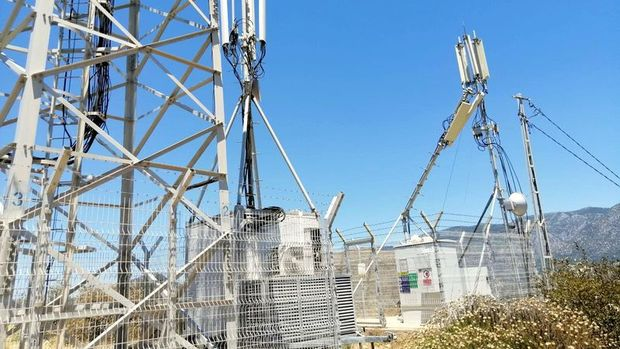GSM companies, whose investments have declined in real terms, do not stop borrowing
While the communication infrastructure that collapsed in the earthquake revealed the deficiencies of GSM companies in terms of investment, borrowing efforts continue in companies whose investments have declined in real terms. GSM companies, whose lack of infrastructure investments was painfully revealed in the earthquake, are not slowing down in borrowing. Türk Telekom applied to the Capital Markets Board for the issuance of debt instruments up to 5 billion liras domestically. In a statement made by the company to the Public Disclosure Platform on Wednesday evening, it was stated that it was decided that the issuance would be carried out in the form of sales to qualified investors without a public offering, with different maturities up to five years. This situation brought questions to the public about how the company, whose investments have declined in real terms, will use the borrowing. According to Türk Telekom's financial results, the company's investment expenditure in 2022 was recorded as 14 billion TL. In 2021, the company's investment expenditure was recorded as 8.7 billion. When these data are taken into account, it is seen that the company increased its investment expenditure by 61.4 percent annually in 2022. This increase fell behind the annual inflation of 64.27 percent recorded in 2022. In other words, the company's investment expenditures decreased in real terms in 2022. A similar picture was observed in Türk Telekom's investment performance in 2021. The company's increase in investment expenditures in 2021 was 24.6 percent, falling behind the inflation of 36.08 percent. When the company's performance in previous years is examined, it is observed that investment expenditures also decreased in nominal terms in 2017 and 2018. In 2017, the company's investment expenditures decreased by 9.5 percent and in 2018 by 3.8 percent.


